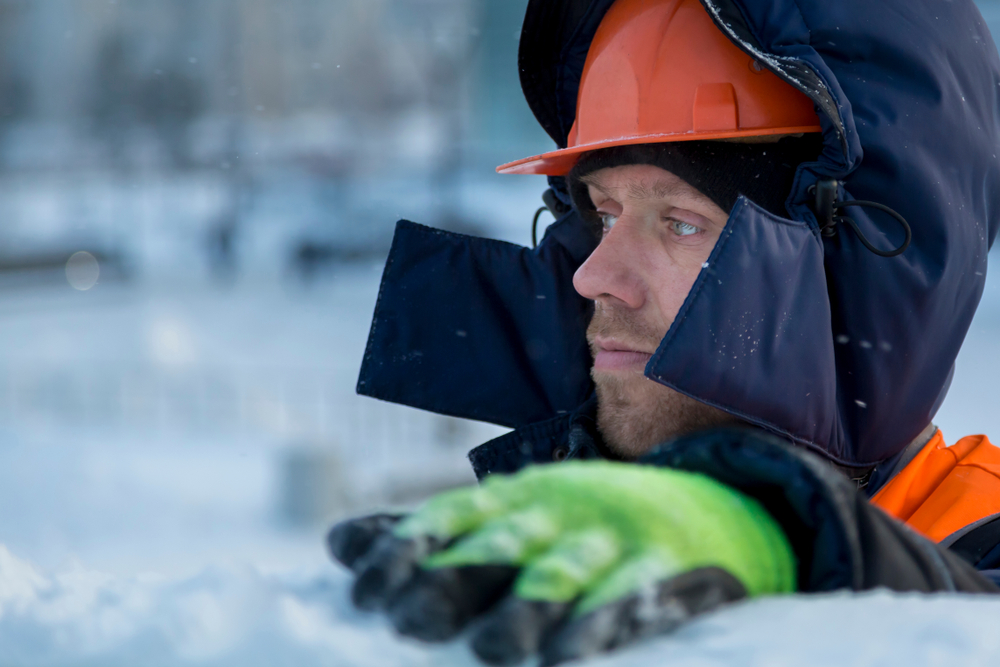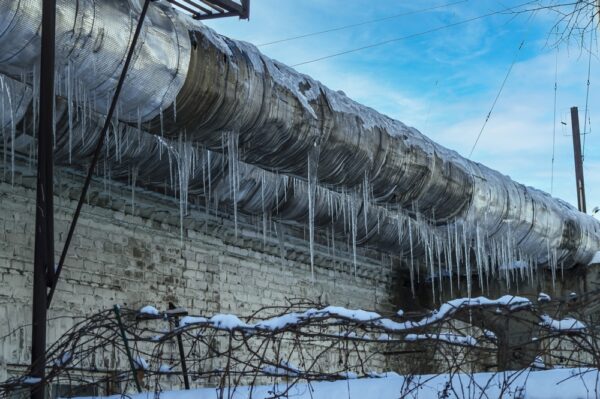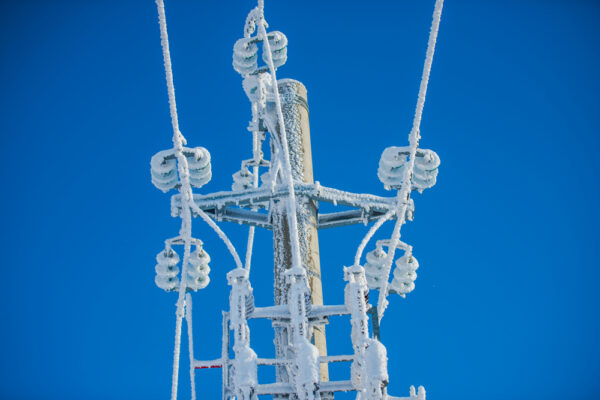8 Seasonal Tips for Winterizing Industrial Facilities

As the leaves fall and temperatures drop, it’s time to prepare your industrial facility for the challenges of winter. Think of it as fortifying your operations against the elements, so you can count on a season of seamless productivity despite the frosty grip of Old Man Winter.
Here are 8 seasonal tips to winterize your facility and keep equipment running safely and efficiently all winter long:
- Insulate pipes to prevent freezing: Frozen pipes can quickly turn into bursts, leaks, and costly repairs. Insulate exposed pipes (especially those in unheated areas) to prevent freezing. You could also install heat tracing cables for added protection in particularly vulnerable areas.
- Perform preventive maintenance on equipment: Winter is an ideal time for preventive maintenance. Checking for worn parts, recalibrating settings, and lubricating moving parts can help equipment handle cold conditions without skipping a beat. Don’t forget that throughout November, you can take advantage of GES’ Pack-A-Pallet special and get 15% OFF repairs on three or more items!
- Maintain HVAC systems: A well-maintained HVAC system not only heats your facility; it also protects equipment from sudden temperature drops. Changing filters, cleaning vents, and scheduling an inspection can help your HVAC system perform at its best all winter.

- Prepare backup power sources: Winter storms are notorious for causing power outages. Ice, snow, and high winds are a recipe for downed power lines and power supply failures, leading to brownouts and blackouts. Generators or backup batteries keep vital systems running and ensure no time is lost if the grid goes down.
- Store cold-sensitive equipment properly: Some machines don’t respond well to extreme cold. For equipment that’s vulnerable to freezing temperatures, consider using insulated storage or protective covers to extend their lifespan and prevent damage.
- Check fire safety systems for reliability: Colder months mean dry air and the increased use of heaters, which raises fire risk. Inspect fire alarms, sprinklers, and extinguishers — and make sure staff is informed on winter fire safety protocol — for your peace of mind.
- Use cold-resistant lubricants: Standard lubricants can thicken in cold temperatures, leading to friction and potential equipment damage. Switch to cold-resistant options in high-use areas to keep everything running smoothly.
- Protect outdoor electrical systems: Outdoor electrical setups are especially vulnerable in winter. Moisture from snow or ice can damage wiring and lead to outages, so inspect outdoor connections and protect them with weatherproof enclosures.

Don’t forget to train staff on winter protocols
Even the best preparations can fall short if staff isn’t ready for winter. Conduct seasonal training on cold-weather maintenance and safe practices for working in winter conditions. It’s also smart to develop an emergency plan that covers backup power sources, communication protocols, and all other relevant procedures for handling weather-related emergencies. Be prepared, so your facility can weather the storm and maintain essential operations — even in the face of the unexpected.
Inclement weather is right around the corner
Industrial facilities operate best when winter doesn’t catch them by surprise. Insulate, inspect, and train for the season ahead to ensure your facility runs smoothly despite the cold. Get started today, before the weather turns sour, and your equipment will be ready to handle whatever winter throws your way.
